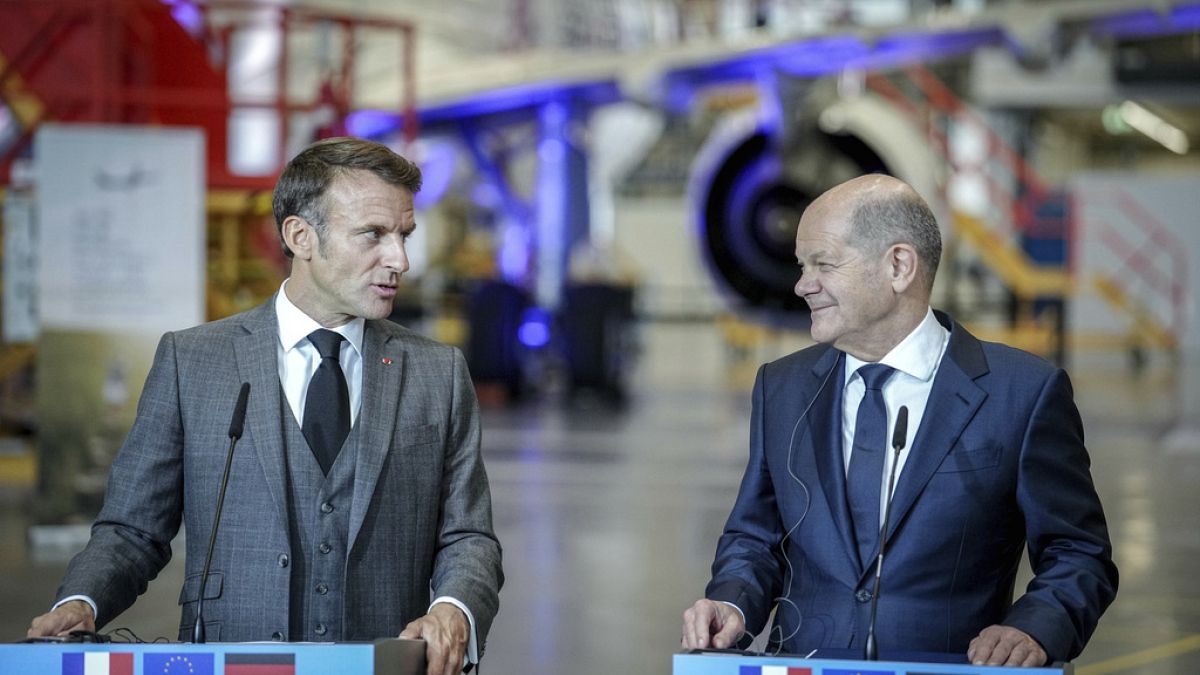German Chancellor Olaf Scholz’s approval rating has dropped to a new low of 18%, making him one of the least popular German leaders in history. This decline comes in stark contrast to former Chancellor Angela Merkel, who enjoyed a median confidence rating of 76% over her 16-year term. Scholz’s popularity has taken a hit due to his leadership of a divided coalition government, resulting in his party receiving only 14% of the vote in the recent European elections. However, Scholz is not alone in facing low approval ratings, as many other European leaders have also seen a decrease in public support in recent months.
According to Jan Kubik, director of the UCL School of Slavonic and East European Studies, the general discontent with “politics as usual” may be a driving factor behind the low approval ratings of European leaders. The perception that the world is in poor shape and the lack of positive visionary leaders in the political landscape have contributed to a sense of malaise among the public. Additionally, the rise of far-right parties and the impact of major wars in Europe have further added to the dissatisfaction with current leadership. While some leaders may be relieved that their approval ratings are not as low as their predecessors, there is still a significant level of distrust and discontent among the European population.
Polish Prime Minister Donald Tusk has seen a slow erosion of trust since taking office, but his approval ratings are not as low as those of his political rival Jarosław Kaczyński. The gradual decline in trust can be attributed to Poland’s increasing polarization and Tusk’s efforts to repair damage done to democracy by his right-wing predecessors. In France, President Emmanuel Macron has faced criticism for placing himself at the center of political decisions, leading to a decrease in his approval rating to just 30%. His increasing isolation within the political sphere has further contributed to his unpopularity among the French public.
One of the reasons cited for Scholz’s unpopularity is his lack of presence on the public stage. Many people feel that he is not transparent enough in explaining his decisions and government policies to the public, which has resulted in periods where he seems to have disappeared from public view. This lack of responsiveness to public demands has further alienated voters and contributed to his declining approval ratings. As European leaders continue to grapple with low public support, it remains to be seen how they will address the underlying issues that have led to this discontent.
In conclusion, the low approval ratings of European leaders, including German Chancellor Olaf Scholz, can be attributed to a combination of factors such as discontent with traditional politics, lack of visionary leadership, and the impact of past wars and rising far-right movements. As public dissatisfaction grows, leaders must work to be more transparent and responsive to the needs of their constituents in order to regain trust and support. Only time will tell how European leaders navigate these challenges and address the concerns of their increasingly disillusioned populations.











